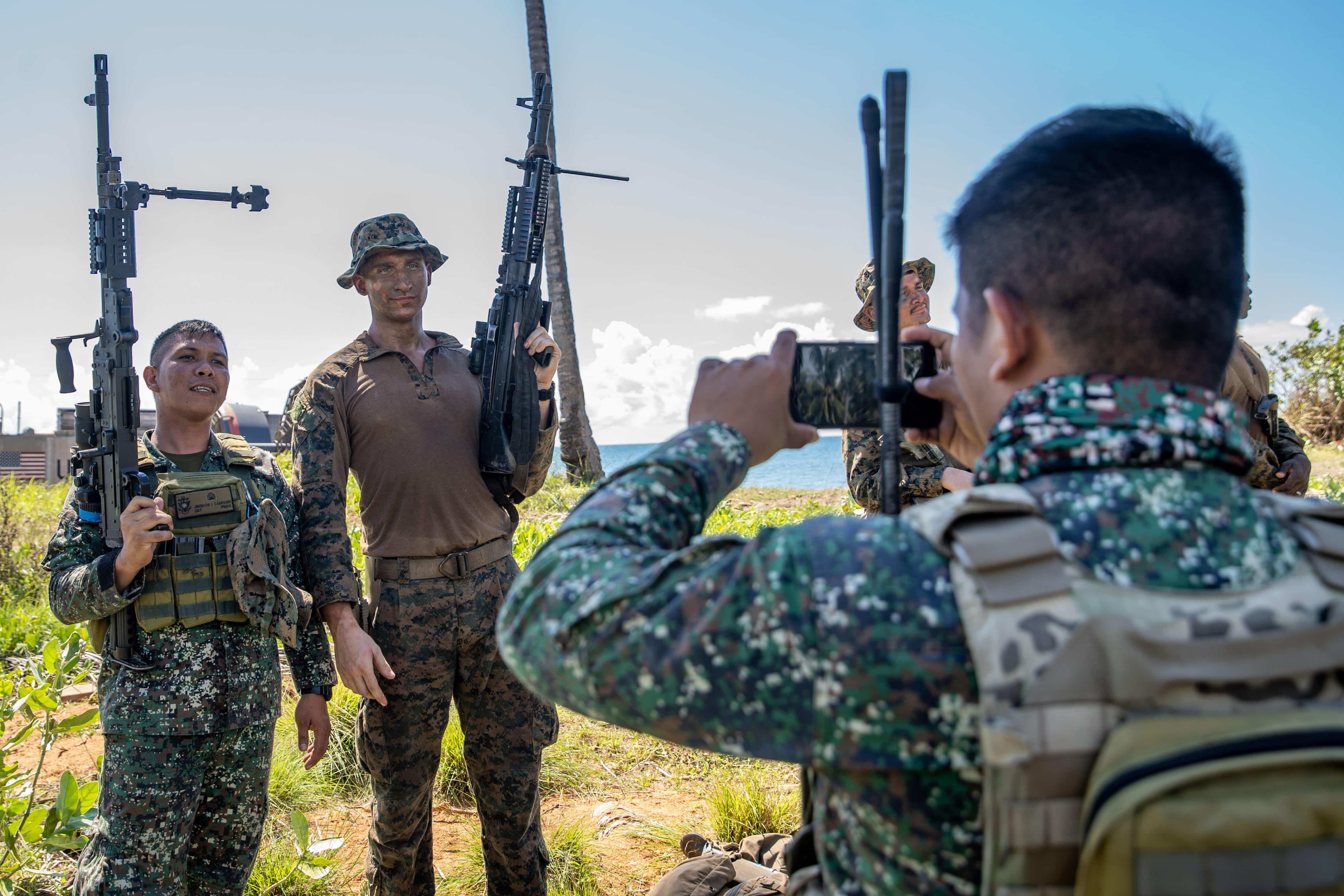Washington has reaffirmed its commitment to the U.S.-Philippines Mutual Defense Treaty after a collision between Chinese and Philippine coast guard ships in the South China Sea on Monday. The incident occurred near the contested Sabina Shoal, within the Philippines’ exclusive economic zone, and has heightened tensions in the region.
The U.S. State Department, through spokesperson Vedant Patel, emphasized that the 1951 treaty extends to any armed attacks on Philippine forces, public vessels, or aircraft in the South China Sea. The reaffirmation came as U.S. officials condemned China’s “dangerous and destabilizing conduct,” which they claim led to the collision.
The confrontation occurred as Chinese coast guard vessels intercepted two Philippine cutters near Sabina Shoal. Both ships sustained damage, though no injuries were reported. Philippine authorities and several experts have placed responsibility on Beijing, accusing China of aggressive maneuvers intended to assert control over the disputed waters. In contrast, China has blamed the Philippines for the collision, accusing the Philippine ships of ramming Chinese vessels.
This incident is the latest in a series of confrontations between China and the Philippines, reflecting the ongoing struggle over territorial claims in the South China Sea. The Philippines, under President Ferdinand Marcos Jr., has consistently resisted China’s claims, filing over 100 diplomatic protests in recent years. The situation has been further exacerbated by the presence of Chinese ships, including coast guard and militia vessels, in contested areas like Sabina Shoal and Second Thomas Shoal.
The U.S. warned that any escalation could trigger mutual defense obligations. National Security Advisor Jake Sullivan reiterated this during a call with his Philippine counterpart, stressing the U.S.’s “ironclad” commitment to the defense treaty.
Expanded Coverage:






